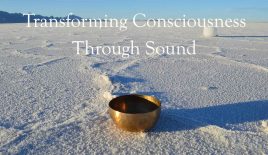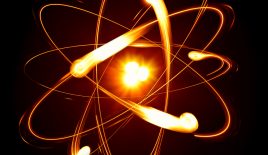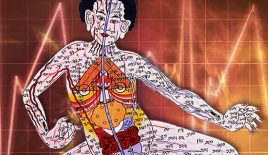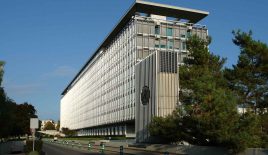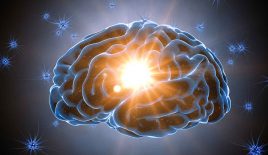Why Intermittent Fasting Supercharges Your Brain And Health
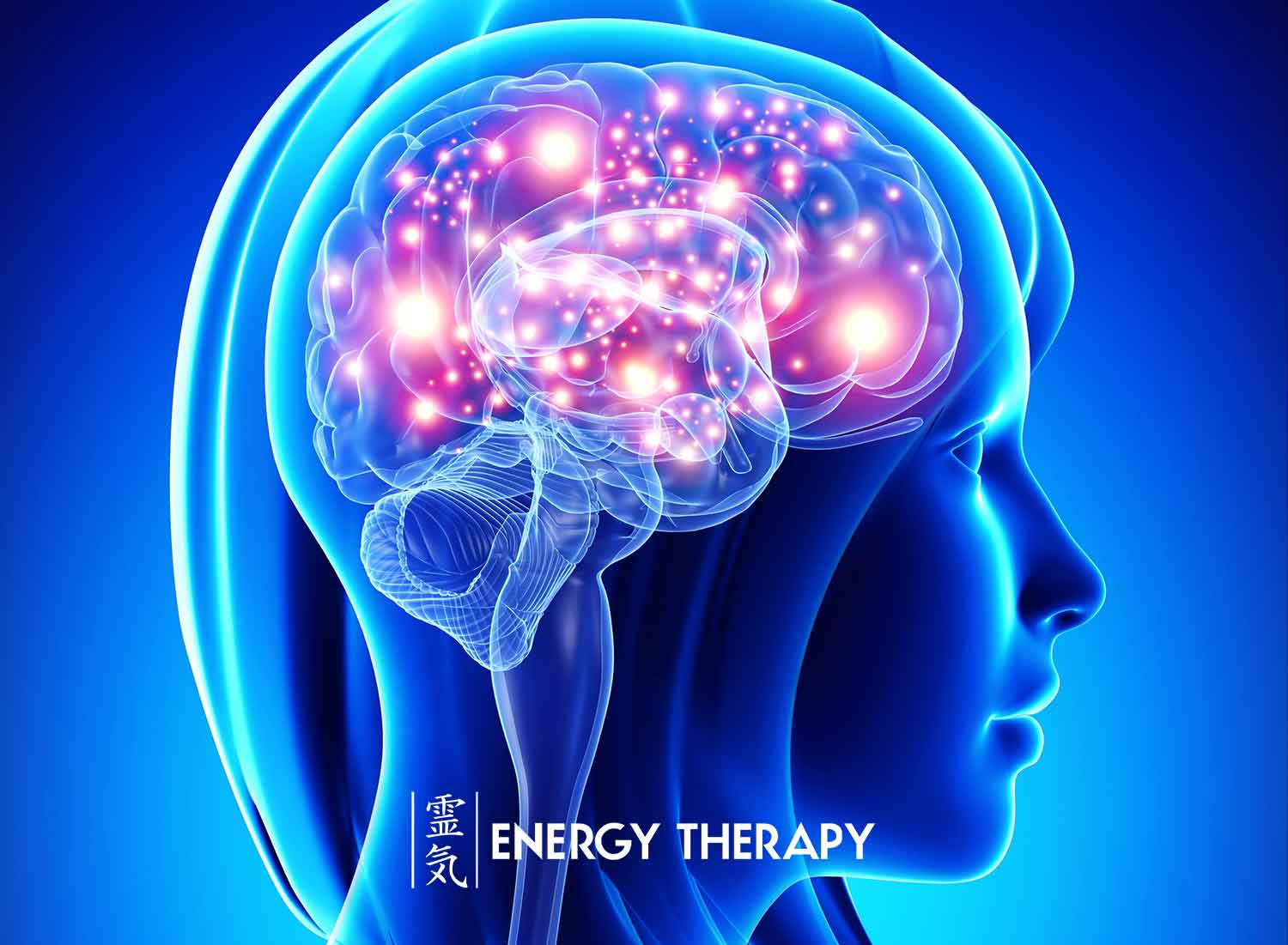
Fasting is an age-old practice, often linked to religious contexts – but it doesn’t have to be! In fact, the benefits of intermittent fasting can be nothing short of miraculous…
Yet, even before we look briefly at the scientific reasons for fasting intermittently, empirical evidence already abounds in our day to day lives.
Have you noticed that when your body is ill, you often lose your appetite? You want to drink more (assuming you’re not nauseous) and this is clearly nature’s inbuilt way of restoring balance as you regain your vital energy (chi/ki).
Whenever you overeat — think of how much food people eat during one sitting when it’s Christmas Eve/Day! — your body will quickly feel heavy and sluggish, and it can literally take hours to get your energy back! Even if you enjoy your ‘big meal’, overeating definitely has short-term and long-term consequences.
When I’m teaching a sedentary course or workshop over a long weekend (3 days), which typically includes lunch each day, as well as morning and afternoon tea and biscuit breaks, my body is screaming for a mini-fast and yoga by the end of it!
So, the latest research on fasting is highlighting what we intuitively know, as well as giving us additional insights into our own biochemistry.
Intermittent fasting, for example, will reduce inflammation and oxidative stress in the body, and helps burn fat. Professor Mark Mattson and his team at the National Institute on Aging have produced peer-reviewed papers showing how fasting twice a week can significantly lower the risk of developing both Parkinson’s and Alzheimer’s disease later in life. Fasting improves cognitive function, increases neurotrophic factors, increases stress resistance, reduces inflammation, and increases the number of mitochondria in nerve cells – which means you get more energy!
Last year, in June 2014, the Telegraph also reported on a study that indicated that fasting for three days can regenerate the entire immune system by triggering the body to start producing new white blood cells. Fasting was even shown to help patients undergoing chemotherapy.
“Prolonged fasting forces the body to use stores of glucose and fat but also breaks down a significant portion of white blood cells. During each cycle of fasting, this depletion of white blood cells induces changes that trigger stem cell-based regeneration of new immune system cells.”
So, most of us will want to think seriously about eating consciously, reducing our calorific intake intermittently to trigger biological processes that are helpful for maintaining, and even radically improving, our health.
Finally, listen to Mark Mattson’s TED talk on ‘why fasting bolsters brain power’! The video is 16 minutes long, but just the first 5 minutes is worth watching! Do it NOW.
Enjoyed this article and want to know more? Here are some easy steps you can take right now…
- Book a life changing “remote healing session” with Soul Guidance with Jaime: https://www.energytherapy.biz/energy-healing-with-jaime-tanna/
- Join Jaime’s fantastic 1 year Energy Coaching Program: Total Frequency Shift — Discover Radiant Health & Freedom
- Sign up for Jaime’s exciting new substack at https://energytherapy.substack.com/https://energytherapy.substack.com/









